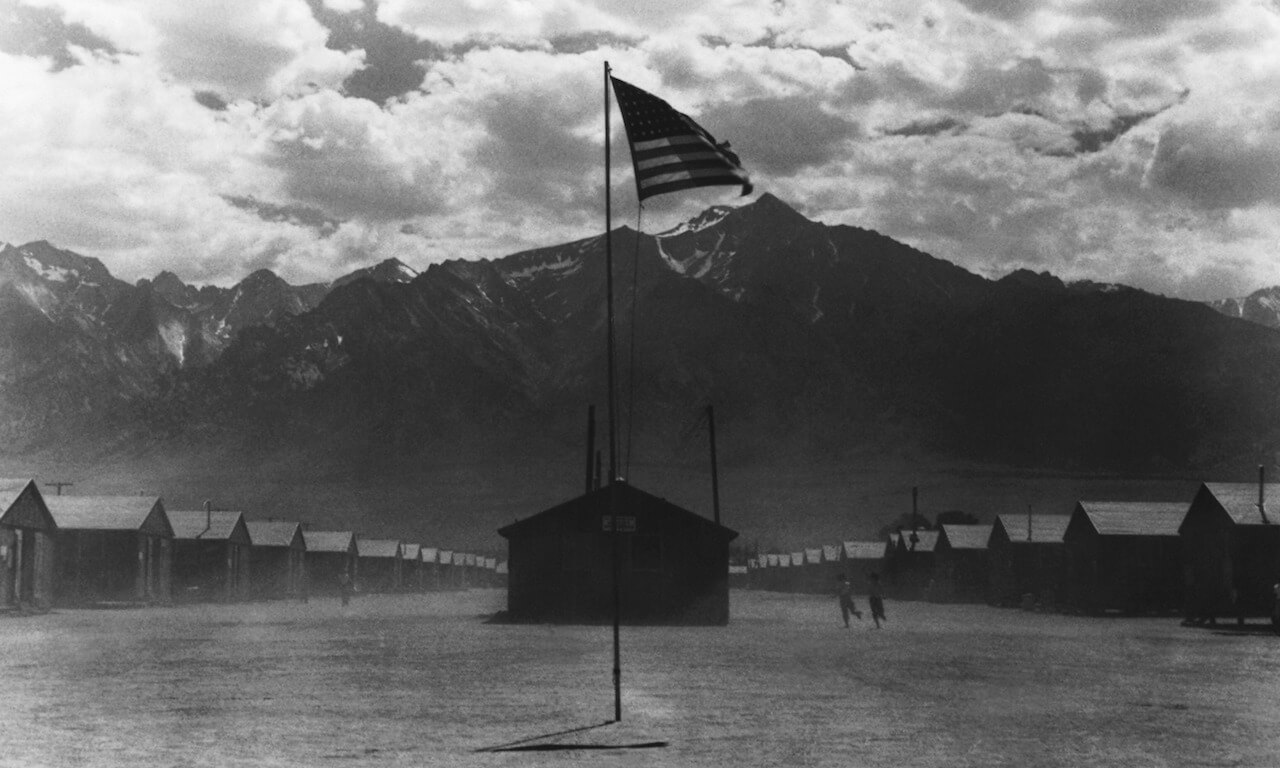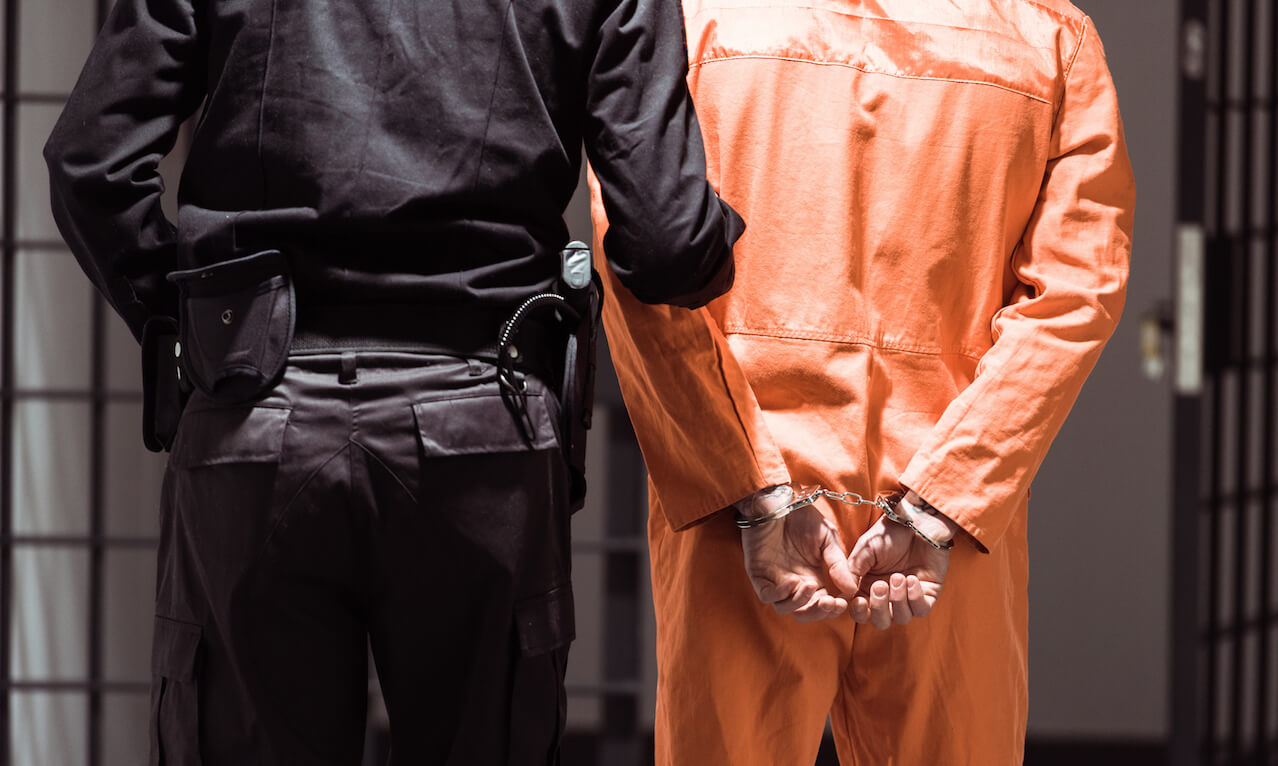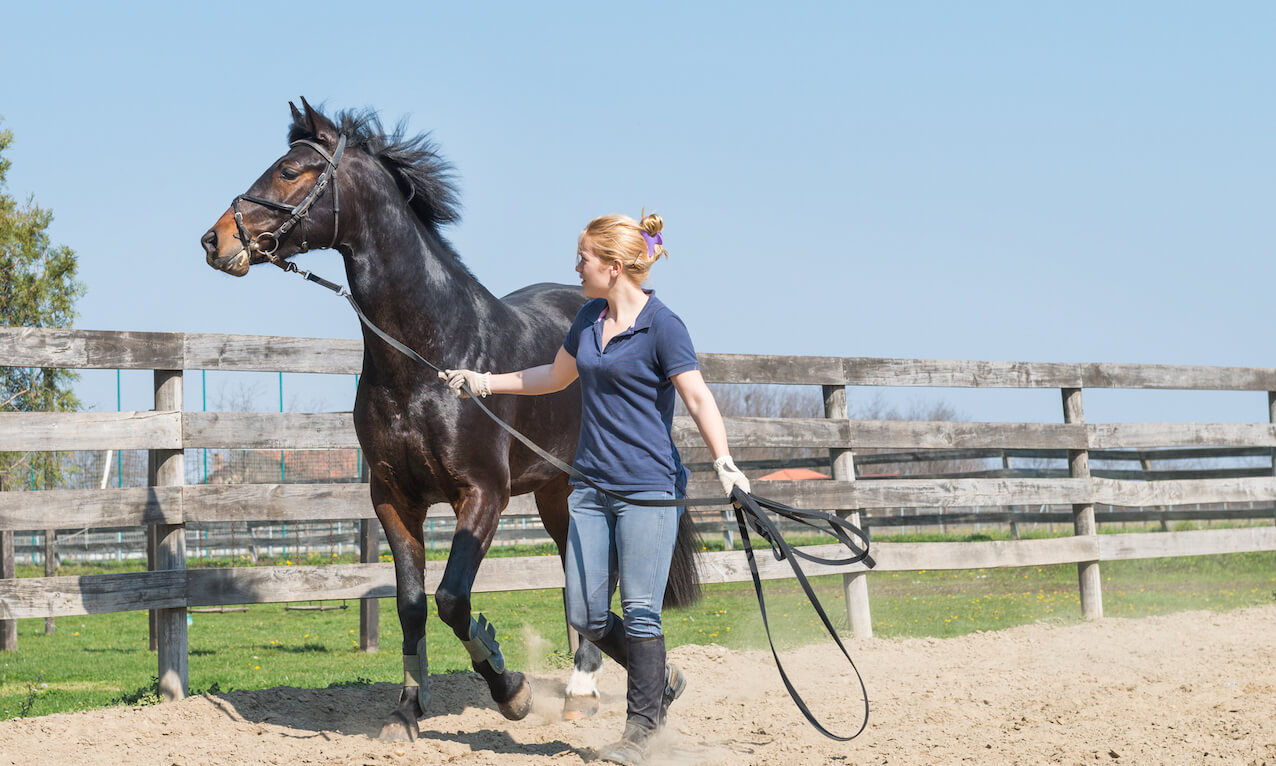Teenagers who have already achieved success in the business world share their future goals and the best advice they’ve ever received.


Teenagers who have already achieved success in the business world share their future goals and the best advice they’ve ever received.

Philosophy professor Nick Smith recounts the history of apologies made by national governments, and reflects on their significance.

Artist Freedom Baird’s new outdoor exhibit in Arlington, Massachusetts, encourages viewers to consider the connection between humans, consumption, and nature.

A study from the University of Chicago Booth School of Business shows how different factors lead to changing ideas about gender roles.

This article examines the correlation between success and happiness.

The effect of technology use on teenagers’ moods and behaviors is a widely-debated issue. But what are the risks of screen time? This article points to a study that attempts to set the record straight.

Thousands of protestors in Brazil and across the globe are protesting the Brazilian president’s environmental policies, which they save have increased the number of fires in the Amazon rainforest.

Former district attorney Lucy Lang questions what justice for violent crimes is, argues that prison conditions should be improved, and calls on prosecutors to be on the front line demanding change.

Author Steve Tobak argues that following one’s unique curiosity and interests is the key to fulfillment and that trying to define or seek succcess is irrelevant.

Read how having technology that makes cars safer sometimes makes drivers less attentive to the road.

Inspired by ecologist and author Anne LaBastille, writer Megan Mayhew Bergman takes a solo trip to the Adirondacks in New York. In this essay, she describes how she overcame fears and proved something to herself.

In Chicago, a program brings Israeli and Palestinian teenagers to the United States to hear each other’s stories. Read the article for more about its goals.

Hong Kong is a region that operates independently from mainland China. In recent weeks, its citiizens have been protesting a bill that would allow extradition from the region to China. As response from police has become more severe, so have protestors’ demands.

Throughout history, women have asserted their right to wear pants for many practical reasons. This article shares some of their stories.

Psychologist Thomas Suddendorf argues the importance of identifying the similarities and differences between humans and other animals.

Researchers at Penn State have found that most participants in a study identified robots as male when they were presented with no gender cues, but simple alterations on the robots’ screens could strengthen anthropomorphic personalities that humans tend to give computers.

This article outlines 13 things psychologists say indicate the future success of children.

In 1894, Percival Lowell looked through his telescope and believed he saw canals on Mars. He thought they were proof of intelligent life on that planet. But were they really canals? Read about what Lowell actually saw and the effect of his theory on people’s imaginations.

Psychologist Carl Pickhardt explains why it’s hard for teenagers to make decisions and offers some advice.

The Civil Rights Act was passed in 1964 because thousands of ordinary people bravely protested for equal rights. This report tells the story of one woman who took a stand in her hometown.